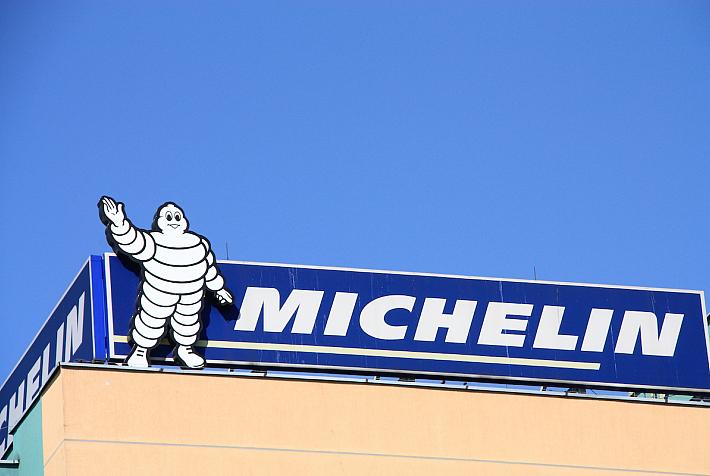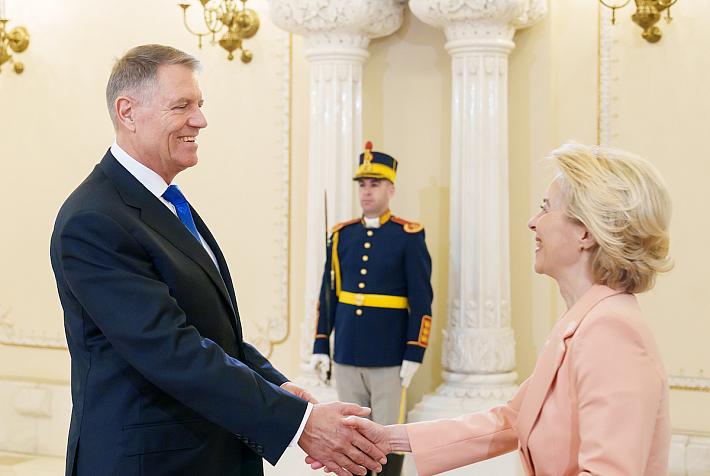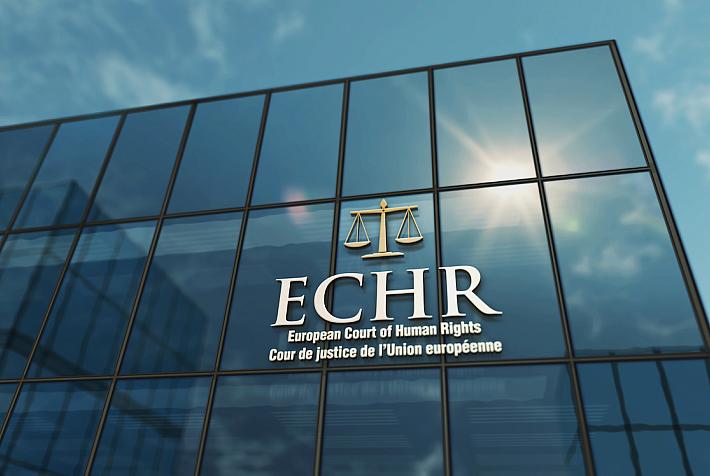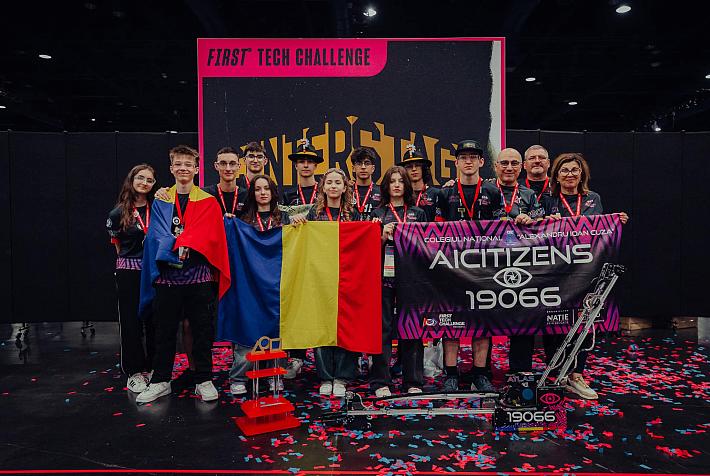Mehdi, the Iranian who weds old Romanian and Persian music: “All roots are connected.”
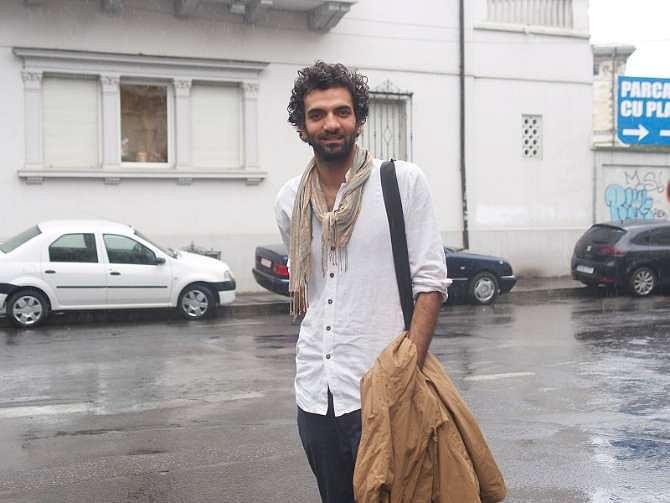
Mehdi Aminian, an Iranian musician currently living in Bucharest, gave up the plan to move to London, and came to Romania instead. He reinterprets traditional songs, from various cultures, and keeps old music alive.
It’s the end of August, but Bucharest is wrapped in rain. Mehdi Aminian, a 29-year old Iranian musician, is waiting near a restaurant in Amzei square, downtown Bucharest. He wears a beige jacket and hides from the showers. I recognize his tall silhouette from the distance. He agreed to meet up for an interview, although he’s busy with rehearsals.
He was to play at the Balkanik Festival in Bucharest, together with the Romanian singer Maria Casandra Hausi and other international musicians, in the “Doina Revival” project. The show was part of a larger project called Roots Revival, which explored traditional Romanian music like the songs of Maria Tanase, or music from Maramures, as well as other types of century-old music from Middle East.
For Mehdi, music is ageless and the past is part of our identity. “Roots, that’s what we are,” he says. “It’s not like we are the first humans on Earth. We are the collection of millions of years of habits that evolved. We are at this stage representing what was behind us.”
We find a free table in a restaurant, and we order some tea. With a soft-spoken voice, Mehdi starts talking about Isfahan, the Iranian city where he was born. A city in the desert, surrounded by mountains, with a big river crossing it. The place has a lot of old palaces and bridges, and beautiful art. At night, people get together under the bridges and play music. “Promise me you’ll Google the place.”
At 17, Mehdi left Iran, to live by himself in Bosnia. “I was studying there, falling in love, long story.” Then life took him to different places, Malaysia for four years, Holland, where he studied computer engineering, and to Bucharest, where he moved two years ago.
So how come he chose to live abroad, if roots are that meaningful for him? Mehdi thinks for a bit: as a teenager, he was curious, and needed to find answers by going out into the world and travelling. But now he knows he will get back to Iran some day and set his home base there again. “I want to see my parents, my grandparents, I even have a great grandfather. He’s 98, and he reads and writes me poetry. These are the moments that count in life. These are the things that I am missing now.”
He has been visiting Iran from time to time during these years, but he was not breathing the same air, getting the same sun. Everything in life, from friends, the sun you see, the food you eat, influences your music, which is a very sensitive matter, and it has to do with your moods, Mehdi says.
His project Doina Revival includes old Romanian songs of grief and love. He doesn’t agree with those saying this music is sad. We are taught that Western pop music, with its simple beats, is the happy music, just like we learn that fast food is the tasty food, Mehdi says. The traditional music, just like the classical music, may seem heavy or sad, but it’s only because we haven’t learnt to digest it, and we filter everything the same. “This is sad,” he adds.
Mehdi plays the ney, an end-blown flute, made from bamboo. He was 6 when he heard one of his cousin playing this instrument, and he remembers even now that feeling, the goosebumps he got. Three years later, he wanted to make his own ney. He took a plastic pipe, made holes in it and tried to get the sound. But ney is the hardest instrument to even start with. It takes a few months to get a note, a very ugly sound, and then a few years to get a tune. You have to develop the sound, be very patient and enthusiast, Mehdi says.
He was born six years after the Islamic Revolution of 1979, and Iran was very closed. As a kid, he could listen only to what was on the TV, and to some cassettes he received from relatives. He remembers that they had to move homes when he was 10 or 11, and Mehdi found a cassette in the new house. It didn’t have the name written on it, but he played it. It was Modern Talking. “Wooow, what is it? It’s a whole new world that I don’t know about,” he thought. He listened to it lot, until he discovered something else.
Back then, even the traditional music was suppressed, and it still is, even now. But the Persian tradition of music is very dynamic and up to date, Mehdi says. The young urban generations are into traditional music, trying to connect with the ancient roots. “It’s music that goes back thousands of years ago, but it’s not dead music that at some point has stopped and everyone kept repeating it.” The repertoire is ever changing.
“Maybe it’s the connectivity between master and student,” Mehdi explains. “For thousands of years, the student went to a master every day, and listened, played and tried to learn everything by heart. We call this method chest to chest, or the heart-to-heart method. That’s why the old music didn’t become fixed. Every master was once a student and has put his own influence in the music. This repertoire gets richer and richer. It’s not a written music that doesn’t change anymore.”
When he goes to Iran, Mehdi always visits his masters. They play music and talk. “It’s like a friendship, but with a big respect for the master.”
Mehdi himself carries on this tradition when he takes old songs and reinterprets them. He believes that the best pieces of music are the result of improvisation. Every sound is connected to the present moment. “Your input is the moment, the output is the expression of this moment that you experiment.”
I ask Mehdi what are his biggest fears. He thinks a bit and says that he’s maybe afraid that he’ll lose the capacity of being connected to the present moment. “When you don’t understand the moment, you regret the past and become worried about the future.” But then he says that it’s not actually a fear, maybe a concern. “Your fears change,” he goes on. “When you are 15 you fear that your football ball will explode.” And what can explode now, when you are almost 30? I ask him. “A lot of things. You are afraid to lose your loved ones. But that’s a very natural instinct we all have.”
***
In 2011, he played at the George Enescu Festival and discovered Romania. He felt comfortable here, closer to home than in any other country. Two years later he gave up the plan to move to London and do a PhD in computer engineering, and moved to Romania to focus only on music.
“In life you get to the point where you realize what you want to do. I didn’t see myself working all my life as an engineer. I am not made like that. I am a lot happier now with a lot less money; a lot happier,” he says.
Geographically, he was far away from Iran, but diving into the traditional Romanian music actually helped him move closer to his own heritage. “I believe that all roots are connected,” Mehdi says. He now plans to organize a concert with Sufi and Aramaic music in the St. Joseph Catholic Cathedral in Bucharest. He will invite musicians from Iran, Lebanon, and France. “Sufi is a branch in Islam, related to poetry and music, and the Aramaic music is coming from the language of Jesus. Bringing these two branches of spirituality together is more than an experiment, is a project that tries to create a dialogue between these two cultures.”
I ask him how he gets his ideas. “It’s not like you sit and you decide ‘this is the right idea’. You hear the music, then you meet very interesting people, then you combine your ideas. It’s like a seed that you plant and a little dream comes out and starts to grow. It’s still growing. Let’s see how it goes.”
By Diana Mesesan, features writer, diana@romania-insider.com
(photo by Diana Mesesan)







